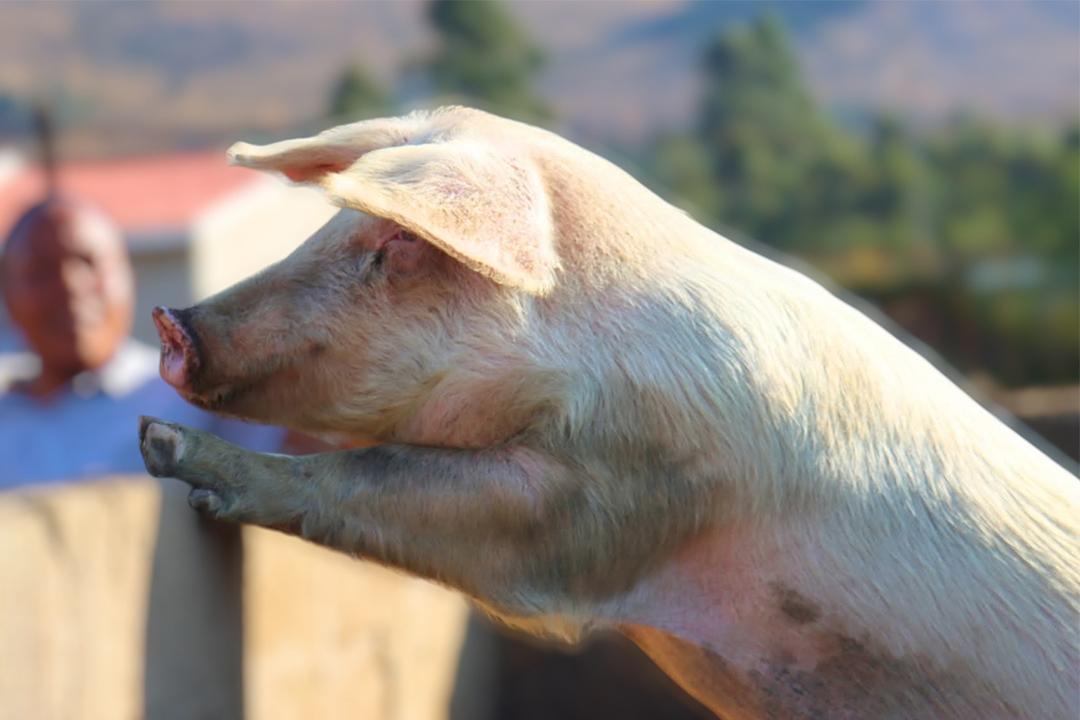Africa-Press – Eswatini. When World Vision Eswatini launched its Livelihoods Programme in Mahamba, they were not just supporting farmers, they were changing destinies. One of those destinies belonged to Nothando Magagula, a mother of four who couldn’t even afford E20 to join a local piggery group. Today, she chairs that very cooperative.
In 2015, a women’s cooperative called Mahamba Piggery was being formed. The joining fee was just E20, but for her, even that was too much. “I couldn’t even afford that small amount,” she recalls. At the time, she was struggling to make ends meet. But one of the group’s founding members, moved by Magagula’s desire to be involved, gifted her a pig so she could start rearing livestock of her own.
It was a small act, but one that opened a new path.
Her son, freshly out of high school, found a job as a cleaner in Nhlangano and began helping in whatever way he could. “My son worked around the shops in Nhlangano after finishing high school. He would occasionally buy a bag of feed for my pig,” she says.
When World Vision introduced its savings and lending groups in the community, Magagula joined one of them. This allowed her to start saving and borrowing money to grow her new business. Over time, her piggery expanded, her income grew, and so did her confidence.
With continued support through the Livelihoods Programme, Magagula’s transformation became a symbol of what community-led development can look like when caregivers are equipped with practical tools and consistent support. Today, she is the Chairperson of Mahamba Piggery, a women-led cooperative that supplies pork to large retailers, including Pick n Pay.
Her children have directly benefited from this growth. “My mother takes care of us through her pig business,” says her daughter, Hlelweyinkhosi. “She even paid for my school trip recently. We never go hungry.”
But Magagula is not done dreaming. She now envisions a future where she owns her own butchery and can employ others. “In the future, I would like to have my own butchery so that I can earn more,” she says.
World Vision Eswatini’s work through the Livelihoods Programme and the broader ENOUGH Campaign to End Child Hunger and Malnutrition, launched in October 2024, aims to empower caregivers like Nothando to become self-reliant. The results are clear: when parents are equipped with economic tools and training, children benefit from improved nutrition, access to education, and a better quality of life.
For More News And Analysis About Eswatini Follow Africa-Press







